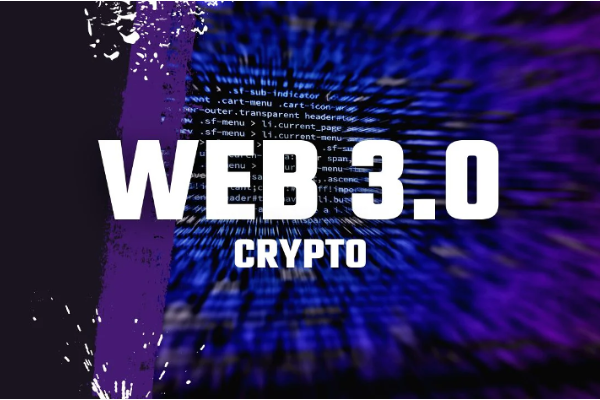Binance India fully follows compliance model, implements revalidation requirements
Binance has launched a compliance revolution in India’s crypto market, performing full KYC re-verification to strengthen security, comply with anti-money laundering laws, and redefine user responsibilities.
Binance Launches Full KYC Lockdown in India
Crypto exchange Binance announced a policy update on April 18, requiring all users in India to undergo KYC re-verification, regardless of when they join the platform. The announcement was made to better comply with India’s Anti-Money Laundering (AML) regulations and comes as Binance looks to strengthen account security standards across the platform.
The exchange detailed the legal and regulatory basis for the decision, emphasizing its alignment with Indian authorities:
Users in India, both new and existing, will be required to undergo KYC re-verification.
In terms of user data protection, Binance assured its customers that only necessary data is collected and processed with the highest security standards. The company reiterated its commitment to “preventing financial crime and developing a secure and responsible digital asset ecosystem.”
This new development comes at a time when the regulatory landscape in India is evolving, forcing all registered platforms — foreign and local — to take similar measures. The platform highlighted its official compliance status: Binance is registered with the Indian Financial Intelligence Unit and complies with India’s anti-money laundering laws. This includes obtaining your PAN details as part of our KYC process, which is a requirement under India’s anti-money laundering laws.
India’s Permanent Account Number (PAN) is a unique 10-digit alphanumeric identifier issued by the tax department to individuals, businesses, and entities engaged in financial transactions. The crypto exchange noted that “this requirement is not limited to Binance, but also applies to all local and global exchanges registered under India’s anti-money laundering laws.” The clarification is intended to distinguish this measure as part of a broader regulatory framework rather than a regulation specific to Binance.









